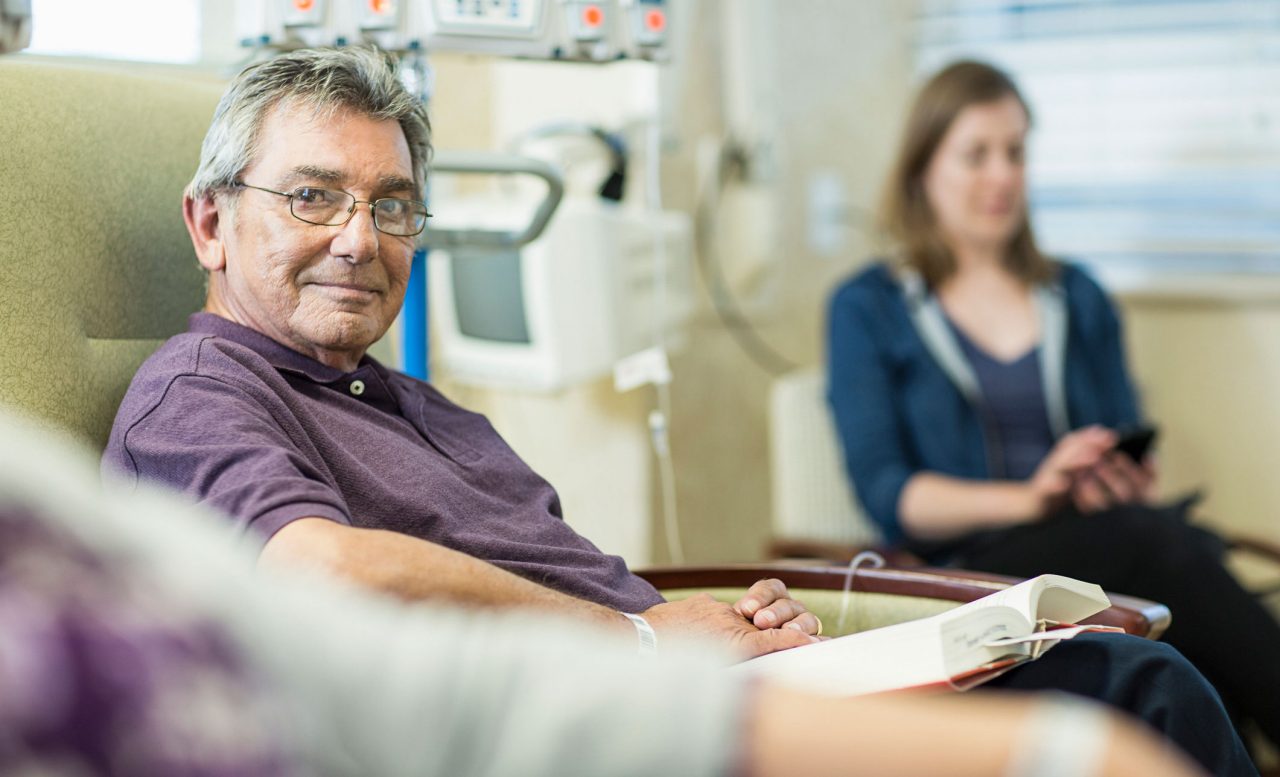Is Personalized Medicine Only for Sick People?

Precision medical treatments might be the future of healthcare, and they are not just for people suffering from cancer and other chronic diseases.
Personalized medicine might be the future of medical treatment. Also known as precision medicine, this form of medical care focuses on developing treatments tailored to small groups of people based on their genetic makeup, health history, and lifestyle factors.
The earliest progress has come in linking single genes to treatment of specific forms of cancer and conditions like cystic fibrosis. For about a decade, new drugs have made news that help patients with one tragic mutation.
YOU MIGHT ALSO LIKE: What Is Personalized Medicine?
Is personalized medicine only for sick people?
You may be surprised to learn that the answer is no. Ideally, your doctor will one day give you tailored advice to prevent illness. Most likely the advice will be familiar health recommendations.
But if your family history or genes reveal a particular vulnerability, you have even more reason to work out regularly, floss, meditate, or skip cocktails and candy bars.
Wellness and precision medicine
A single gene does not trigger most disease. The current quest is for useful polygenic risk scores — an analysis of how your DNA as a whole, also called your genome, adds up to create risk. (“Poly” means “many.”) So far, such efforts have not clearly led to a medical benefit.
Scientists are still in the early stages of assessing how gene variants interact with experience, including your behavior, another field called epigenetics. Some scientists are proposing a concept called “genetically transitional disease,” which may include a genetic mutation but have other causes that people could counter.
Patients may feel overwhelmed if they hear too much about the potential diseases they could develop. So, it’s important to focus on useful information. Everyone carries genes that makes them more vulnerable to illnesses that may never appear.
To keep them at bay, your doctor might monitor you for early symptoms, alert you if you are vulnerable to certain kinds of stress, or prescribe medication.
It’s also important to know that science changes over time. For example, about a decade ago, evidence suggested that your genes made you more vulnerable to cavities. More recent work suggests that’s not true except for children of overweight mothers. Their pediatricians may spend more time asking about brushing and dental visits.
Genes aren’t destiny. Scientists may have overestimated the role of genes in high blood pressure, depression, and heart disease, according to a large study conducted in Edinburgh, Scotland. Researchers concluded that those common diseases run in families primarily because of shared habits.
That means it’s up to you. Exercise, for example, is one of the best defenses against many illnesses.
Should you find out your genetic profile?
Personalized medicine is still a young science. Talk with your physicians about your family or personal history. Ask if there are any tests and results on which you can act.
It’s true that genetic testing has already made a difference in the lives of people with a genetic code that puts them at risk of melanoma, cystic fibrosis, breast cancer, and other illnesses.
The Genetic Information Nondiscrimination Act of 2008 prevents insurance companies and employers from discriminating against a person based on their genetic profile, so you can take a test without the risk of losing your insurance coverage or job.
Don’t rush to judgment or try to evaluate a test result on your own. Scientists often don’t agree on what any one gene variant means. Two labs looking at the same genetic code may come to different conclusions.
But if your doctor thinks you are more at risk of a serious illness like heart disease, it’s wise to pay attention.
Updated:
August 22, 2023
Reviewed By:
Christopher Nystuen, MD, MBA and Janet O'Dell, RN